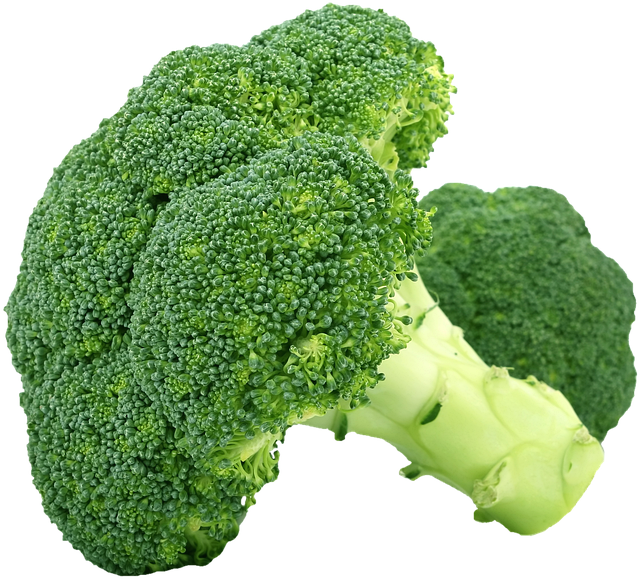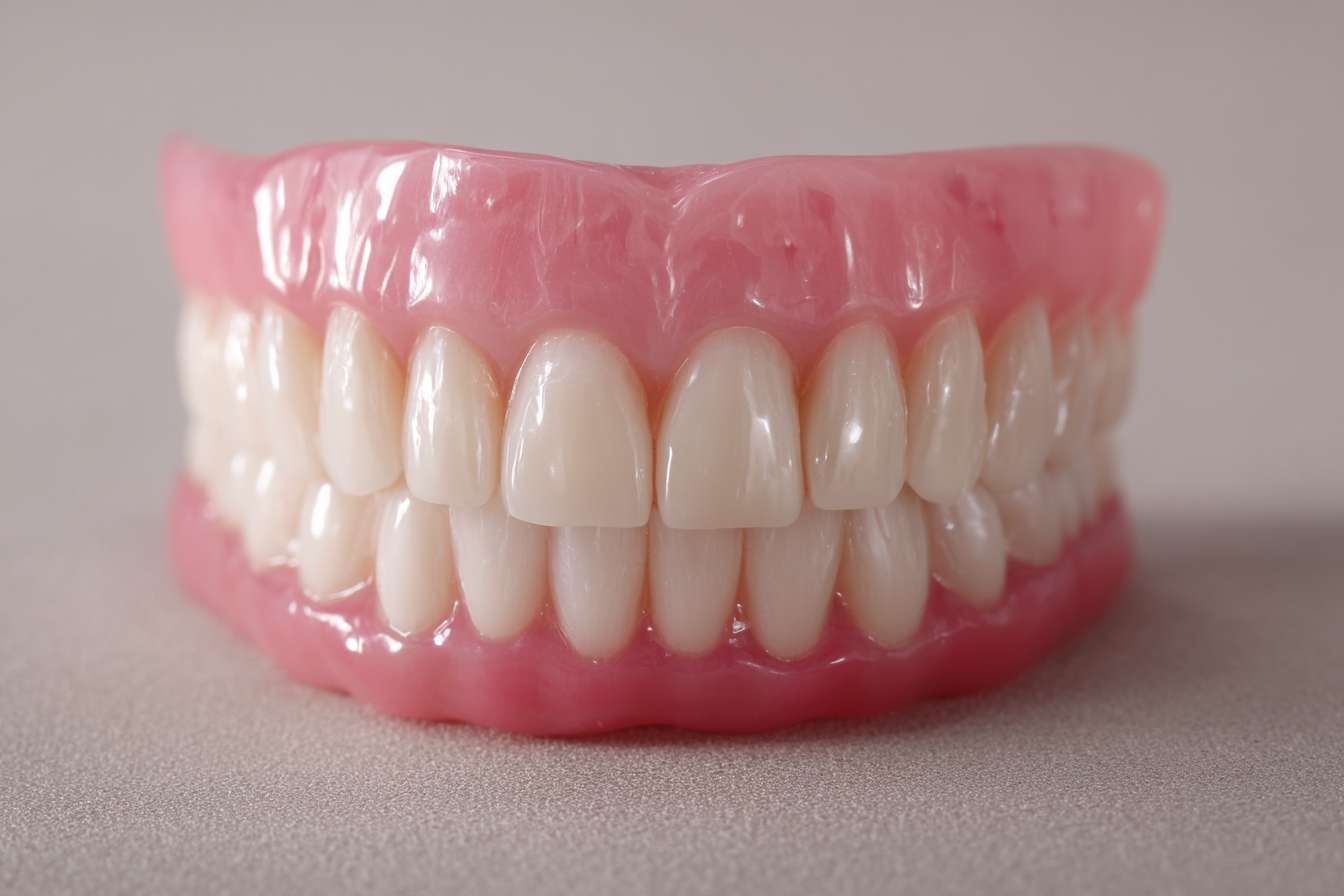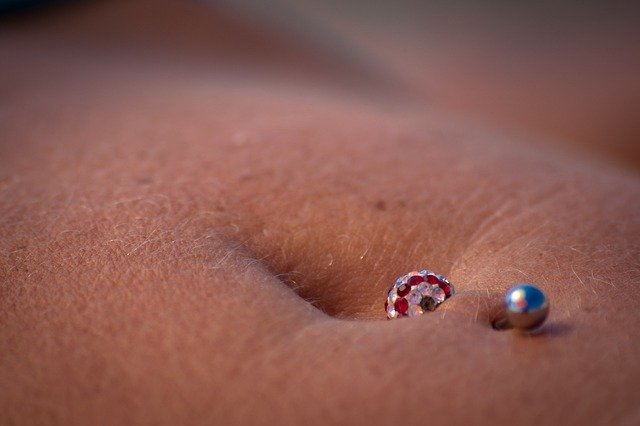Reversing Type 2 Diabetes: The Role of Diet and Nutrition
Type 2 diabetes has become a global epidemic, affecting millions of lives worldwide. A metabolic disorder characterized by high blood sugar levels, type 2 diabetes is traditionally thought of as a chronic condition with no cure. However, recent research is challenging this notion by demonstrating that it's possible to reverse the disease through dietary changes. This article will delve into the role diet and nutrition play in managing and possibly reversing type 2 diabetes.

Type 2 Diabetes: A Brief Overview
Type 2 diabetes is a chronic condition where the body doesn’t use insulin properly, leading to high blood sugar levels. It’s often associated with obesity, physical inactivity, and poor diet. Over time, high blood sugar levels can cause serious complications, including heart disease, stroke, kidney disease, and blindness.
The prevalence of type 2 diabetes has dramatically increased over the past few decades, largely due to lifestyle changes. Modern diets high in processed foods and sugars, coupled with sedentary lifestyles, have contributed significantly to this rise.
Dietary Management: The Traditional Approach
Traditionally, the management of type 2 diabetes has focused on medications and insulin therapy to control blood sugar levels. Alongside medication, dietary advice has generally aimed at managing blood sugar levels and promoting a healthy weight. This often includes advice to limit the intake of sugars, refined carbohydrates, and saturated fats.
However, this approach does not cure the disease, but rather manages the symptoms. Therefore, recent research has focused on dietary interventions that could potentially reverse the condition.
The Low-Carbohydrate Diet: A Game Changer?
A growing body of research suggests that a low-carbohydrate diet could be a game changer in the management of type 2 diabetes. This diet restricts carbohydrate intake, focusing instead on foods high in protein and healthy fats. The rationale behind this approach is that by limiting carbohydrate intake, blood sugar levels can be better controlled, potentially reversing the disease.
Several studies have shown promising results. For instance, a study published in the journal “Diabetes Therapy” found that a low-carbohydrate diet led to significant improvements in blood sugar control and weight loss among people with type 2 diabetes.
However, it’s important to note that a low-carbohydrate diet is not suitable for everyone and should always be undertaken under medical supervision. Moreover, long-term effects of such a diet are still under investigation.
The Role of Intermittent Fasting
Another dietary intervention that is gaining attention for its potential to reverse type 2 diabetes is intermittent fasting. This approach involves alternating periods of eating and fasting. The theory is that fasting periods give the body a break from producing insulin, allowing it to regain its sensitivity to the hormone.
Some research suggests that intermittent fasting could be beneficial for people with type 2 diabetes. For example, a study published in the “British Journal of Diabetes and Vascular Disease” found that intermittent fasting improved blood sugar control and weight loss among participants with the disease.
However, like the low-carbohydrate diet, intermittent fasting is not suitable for everyone, and more research is needed to understand its long-term effects and safety.
Moving Forward: The Future of Dietary Interventions
The potential of dietary interventions to reverse type 2 diabetes offers hope for the millions of people living with this disease. However, it’s important to remember that everyone’s body responds differently to dietary changes, and what works for one person may not work for another.
Furthermore, while these dietary approaches show promise, they are not a magic bullet. They need to be part of a comprehensive lifestyle change that includes regular physical activity, sufficient sleep, stress management, and regular medical check-ups.
In conclusion, although more research is needed, it’s clear that diet and nutrition play a crucial role in managing and possibly reversing type 2 diabetes. As we continue to learn more about the relationship between diet and this disease, it’s hoped we can provide better guidance for those living with type 2 diabetes and potentially turn the tide on this global epidemic.




